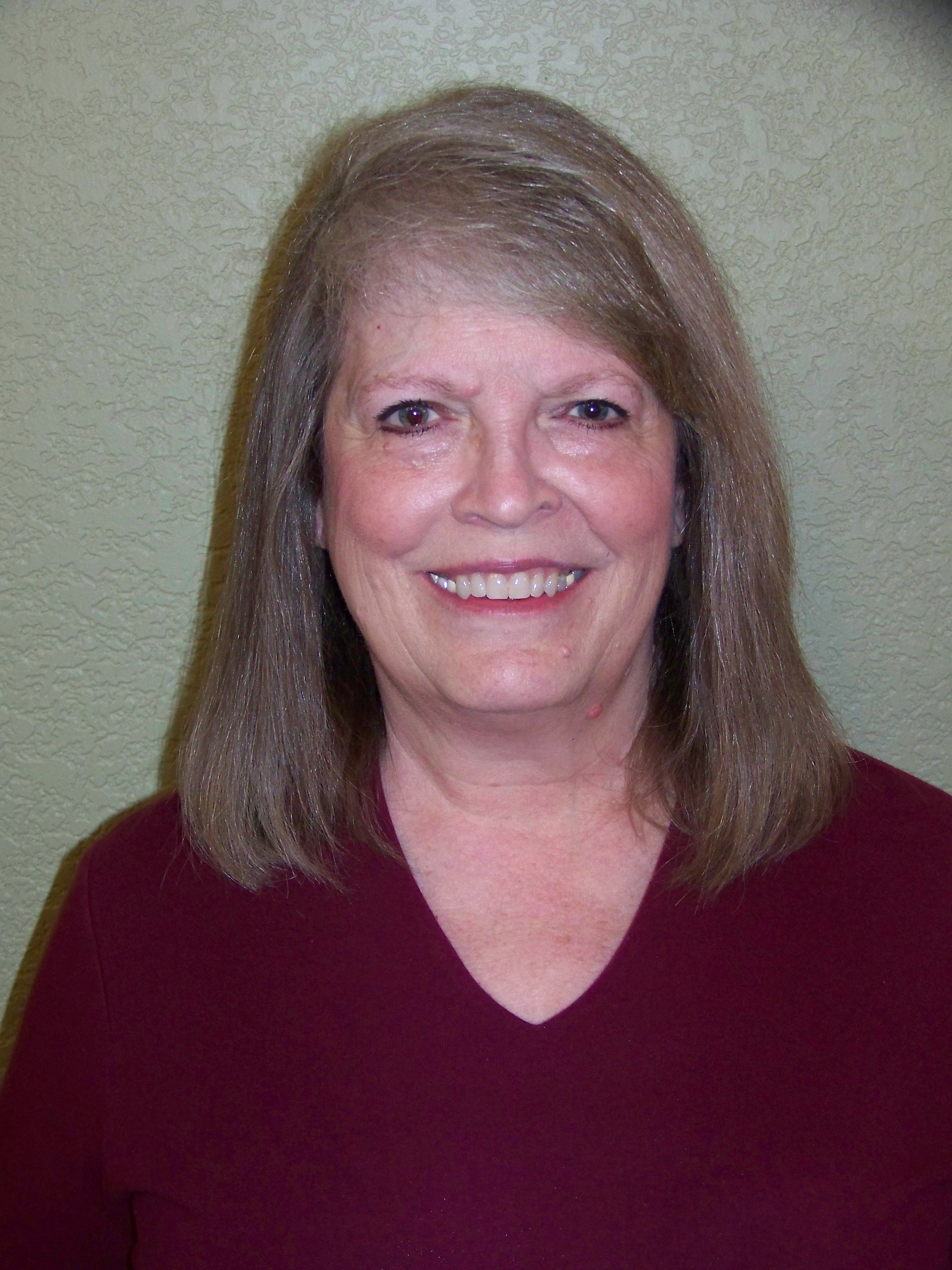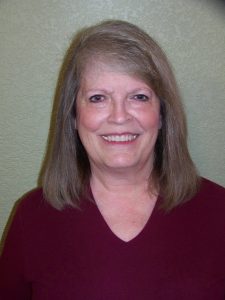
Pairing newer interpreters with seasoned mentors – selected based on wisdom, rather than credentials – encourages mutual learning and true growth in the sign language interpreting profession.
I was talking with a fellow sign language interpreter and she mentioned another colleague of ours who had just received her national certification. I commented that it was a good thing and that I had been mentored by this particular person. This fellow interpreter I was speaking with looked at me in horror and asked, “Why would you mentor with her?! She is way too ‘old-school’ to provide good mentoring.”
Value Experience
Unfortunately, this is not the first time I have heard that comment about some of my mentors. I came into the field from another career that was developed based on hands-on experience and learning from a professional with more years in the field. I brought that philosophy with me to sign language interpreting and I have never regretted that decision. Some of the most valuable lessons I have learned are from interpreters who have lived and breathed this field for 30+ years. Most of these people did not go through interpreter training programs, were interpreting before RID even existed, and helped establish the first RID certification exams. These are the sign language interpreters that have been tested by life and work and have a wealth of knowledge because of that experience. As shared by Stacey Webb in her post, The Value of Networking for the Developing Sign Language Interpreter: to be successful, young interpreters need to develop a relationship with both the Deaf and Hard of Hearing Community (DHHC) and current-working professionals.
Yet in this field, we do not seem to value those experiences unless the interpreter has the right letters behind his/her name.
Credential-Obsessed
For the life of me I cannot figure out why we, as a field, have become so credential-obsessed. In focusing so much on certification, we ignore what truly makes a good interpreter: experience, language skills, and wisdom. Wisdom is defined as: “the quality or state of being wise; knowledge of what is true or right coupled with just judgment as to action.” A person can only gain such a quality by working in a profession for an extended length of time. This is not a skill that can be taught, read about, or tested. Our obsession with credentialing causes us to push aside our founders, original teachers, and valuable living resources of these experienced and wise interpreters. These are the people that have worked to establish this field as a profession and, in turn, have allowed many of us to interpret for a living. With all the uncertainty and anger surrounding certification, why do we seek out mentors that are specifically certified? Why do we rely on certification standards that are in question to improve our own skills when we have a plethora of seasoned interpreters still working in our field?
The drive to seek out a mentor who has received national credentials could be motivated by fear and desire to “pass” the test. The testing process is expensive and time-consuming. Many states do not have a permanent testing site, so candidates have to take time off of work and accrue travel expenses in order to sit for the exam. With the inconsistent results seen from the test??, interpreters are frustrated and angry at being stuck in a circle of uncertainty that affects their ability to work.
I am concerned about this newly-established testing system that does not value the experience and knowledge of the seasoned working interpreter.
Newer interpreters have to prioritize passing the test over actually gaining critical knowledge, experience, and the people skills required to be a truly competent interpreter in the field. The shifting of priorities is causing a split within the field that is affecting not only sign language interpreters but our consumers, as well.
Pairing Professionals
If interpreting is considered a practice profession, why do we not follow the lead set in other practicing professions of our time? Lawyers, Doctors, and skilled craftsmen learn from the most experienced members of their field, not the newest professionals that have just passed a certification test. Each of the professions mentioned have standard certifications that are well-known and respected inside and outside their field. Learning in a practice profession comes from those who have “practiced.” In his post, New Lamps for Old Apprenticeship in Sign Language Interpreting, Rico Peterson argues that exposure to real work in real settings is fundamental to mixing and refining the palette of skills that sign language interpreting requires.
Mentorships and skill development are based in the pairing of a newer professional with a seasoned one and allowing them to learn from each other. No one ever said you have to agree with your mentor 100% of the time. The key is to observe, question, and discuss in hopes to gain insight into decisions. Only then can we truly grow as a profession.
The Value of New
This does not mean that newer interpreters have nothing to offer the profession– far from it. The newest research and interpreting theories are being taught in the ITPs. Interpreters who are working in the field every day can greatly benefit from working with someone who has just learned that information. Also, newer interpreters are hungry for knowledge, language, and experiences. Those of us who have worked in this profession for several years get tired and can sometimes lose the passion we had for the field when we first arrived. Being around newer interpreters can rekindle our desire to learn and further develop. I often find working with an intern causes me to analyze my work in a deeper way and that benefits me greatly. The partnership of newer and seasoned interpreters can be a win-win for all of us and the profession as a whole.
Mentor Qualifications
Our ITPs have a limited time with new interpreters and can’t teach them everything. Further, there is a limit to what one can learn in a classroom and from a book. At a certain point, new sign language interpreters have to get out in the field and do the work with an experienced mentor that can help them navigate the bumps along the way. Mentors do not need to pass a specific exam to prove they are qualified to interpret or mentor. Their qualifications are proven in the stories they share, the horrors and joys they carry, the language skills they have developed and the wisdom they can pass on to those growing in this field. These interpreters are our teachers and deserve our respect for what they have accomplished.
Obligations
Seasoned interpreters also have an obligation. They have an obligation to remain present in the field, to keep learning and growing and striving, and to join the younger generation in continued research and development of the field. Stating “I am too old school for that” is not acceptable, but is a cop-out for striving for what is best for both the sign language interpreting community and the Deaf community. Learn alongside newer interpreters and add your wisdom and experience. Offer to mentor a new professional in the field, audit a class at your local ITP, or just make yourself available to newer interpreters for questions and discussion. Your skills and knowledge are valuable; the current teachings and research are a benefit as well– for each of us.
Some Wisdom
A Mentor is “a wise and trusted counselor or teacher; an influential senior sponsor or supporter.” Let us not forget this definition as we continue to progress the profession of sign language interpreting forward.
We must learn from our past, which includes the people who lived it. Because an interpreter does not have the perfect certification letters behind their name does not make them insignificant to our community. Our predecessors have much to teach us about language, community, and culture, and we must not forget to include their wisdom in our daily practice.
How has a seasoned professional helped your work?











